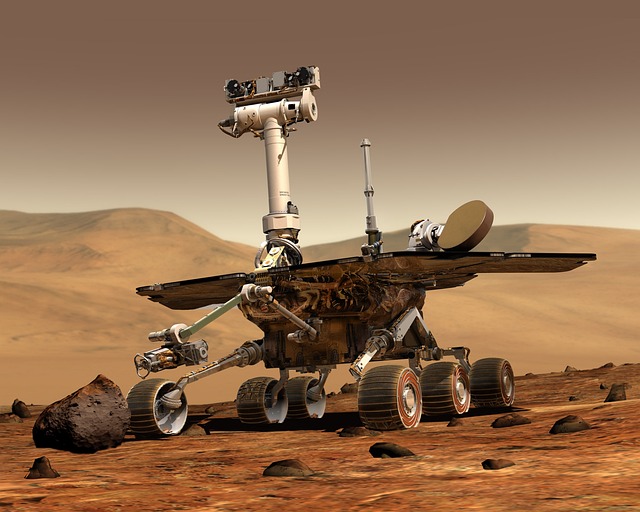In a world that evolves at breakneck speed, the necessity for foresight has never been more critical, especially in the realms of robotics, artificial intelligence (AI), and business automation. The fusion of these advanced technological fields offers an unparalleled opportunity for growth, learning, and reimagining the future of work and life as we know it.
Imagine walking into a business environment where robots seamlessly interact with human employees, optimizing workflows and enhancing productivity. This isn’t merely a concept of science fiction; it is the budding reality of our current landscape. Companies are leveraging robotics to handle repetitive tasks, allowing employees to focus on more complex and creative aspects of their roles. This shift requires a mindset of learning and adaptation, where foresight plays a pivotal role in predicting the skills needed for the future.
As automation takes center stage, particularly in the business realm, foresight enables leaders to navigate this transformative era. By understanding not just current capabilities but also potential advancements in AI, organizations can prepare their workforce for the skills of tomorrow. Continuous learning becomes essential, as teams must evolve their skill sets to work effectively with advanced AI systems that automate tasks and provide insights based on vast data analysis.
Incorporating foresight into strategic planning is also vital for businesses aiming to leverage technology for growth. Companies that invest in predictive analytics are better positioned to foresee industry trends and customer needs. Foresight equips them with the tools to formulate strategies that not only respond to existing demands but also anticipate future changes in consumer behavior and market dynamics.
The intersection of AI and human intelligence fosters a new learning ecosystem where outdated skills become obsolete. Embracing foresight allows professionals to proactively seek knowledge and develop competencies that align with emerging technologies. Whether it’s mastering data interpretation, understanding the ethics of AI, or honing interpersonal skills required for teamwork with technologically advanced counterparts, learning never ends. Organizations that cultivate a culture of lifelong learning will not only thrive but lead the way in this new frontier.
The rise of automation in businesses invites discussions around the human experience. What does it mean to work alongside machines designed to outperform us in specific tasks? The future will require a recalibration of our self-worth and professional identity. Foresight equips us to be architects of our destinies, guiding us toward roles that hinge on creativity, emotional intelligence, and strategic decision-making—traits that machines, regardless of their sophistication, cannot replicate.
By engaging in foresight, individuals and organizations alike are empowered to envision scenarios that might unfold due to advancements in technology. This proactive approach minimizes risks and maximizes opportunities, creating a dynamic landscape for innovation. Learning platforms that provide real-time education on AI tools and robotic systems emerge as essential resources, equipping people with the knowledge to navigate technological advances.
As we embrace tomorrow, let us harness the power of foresight to redefine our relationship with robotics, AI, and automation in business. The future is a canvas upon which we can paint a thriving ecosystem of humans and machines working in tandem—a narrative that champions adaptation, growth, and continuous learning. This is our moment to not just observe the changes unfolding around us, but to actively participate in shaping a future that reflects our highest aspirations.




